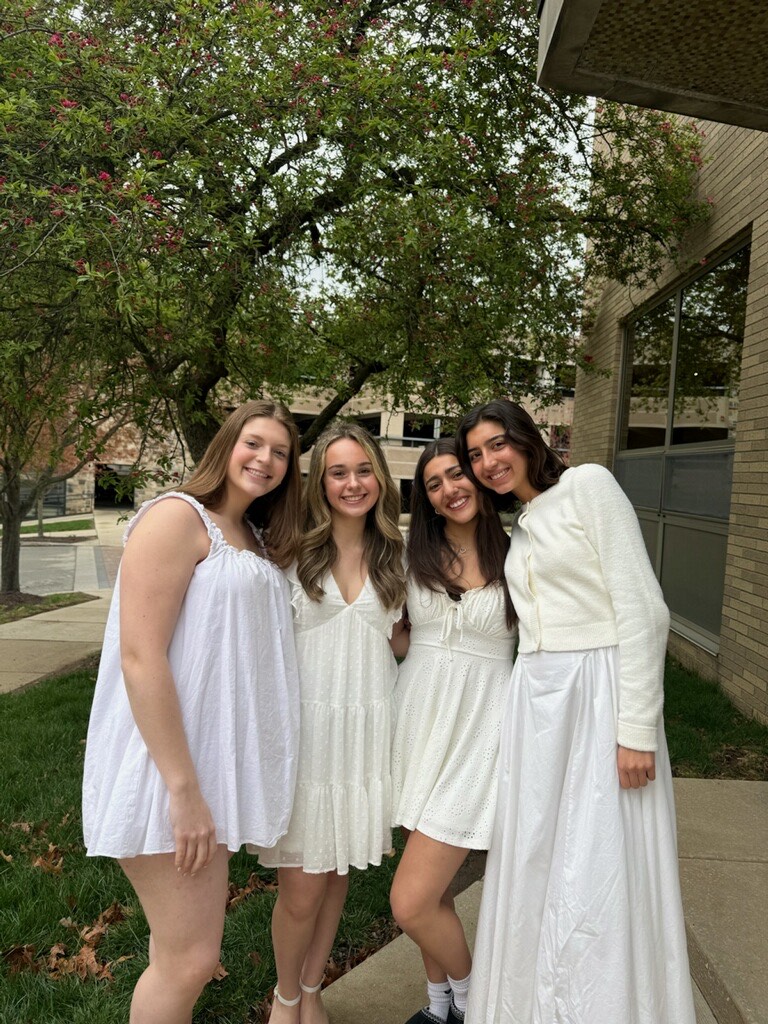For centuries, medical professionals have sought out cures for various ailments with intensive research, stunning technological advances and innovative marketing tactics. This has been seen with the development of 13 prophylactic, FDA-approved vaccines in the 21st century alone. However, despite these developments, many patients are turning to none other than Mother Nature for all that ails them.
The phrase “holistic health” refers to a range of products and practices outside of the typical range of Western medicine. Rather than simply isolating the “problem area,” holistic medicine focuses a multi-layered approach to human health. It incorporates the physical, mental and environmental aspects of a being. By subscribing to the effectiveness of the holistic health movement, one must subscribe to the notion that health is defined beyond physical conditions. Some popular forms of holistic healing methods include yoga, meditation and acupressure.
With the politicization of all facets of American life, including medicine, much debate has been sparked on social media concerning whether conventional or holistic medicine is superior. Even for common ailments, such as hormonal acne, various media outlets will advertise competing forms of treatment.
On the holistic side of Instagram, you will hear you need to coat your acne-prone skin in beef tallow. However, on the conventional side of Twitter, you will hear that you should immediately begin Accutane and simply accept the daunting side effects that come along with it. It poses the questions to medical professionals and patients alike: which form of treatment is superior?
In my opinion, both are integral parts of what it means to be a healthy individual in the twenty-first century. On one hand, the vaccinations that have been developed to combat deadly diseases, such as polio, hepatitis A & B, diphtheria and chickenpox, are true life-savers.
Without them, we would certainly have a much lower life expectancy than the United States currently boasts (77 years). However, when it comes to the statistics of how the average American has four medications, the attractiveness of holistic health becomes much more apparent.
It is likely that the modern teenager identifies as anxious or depressed. This can be due to a variety of reasons, such as sedentary living due to work and school, lack of sunlight, familial troubles and financial burdens. When this is treated conventionally, it is typically in the form of antidepressants or benzodiazepines. However, a holistic professional will observe the problem as a whole and prescribe natural cures, such as a new exercise regimen for an individual riddled with depression, prolonged sunlight exposure for those who deal with seasonal affective disorder or talk therapy for those with traumas. I believe that the union of both forms of medicine is wonderful, but that most long-term health conditions can either be prevented or diluted with the naturopath pillars of health. I believe depression and anxiety are real, but I also believe that if you are not taking care of your body with its basic need for movement, nutrition and deep rest, that you are not giving yourself a fighting chance against such struggles.
According to the National Library of Medicine, the number of incident cases of depression throughout the world has risen by approximately 50 percent in the past 30 years. What has changed? One culprit can simply be existing in the age of social media, where the 10-second, soon-to-be-forgotten videos that fry one’s dopamine receptors are utilized daily for recreational use.
Another culprit can be the difficulty of maintaining a nutritious diet with the expansion of companies such as UberEats and DoorDash that allows you to receive fattening, chemical-laden food without moving off the couch.
When examining these vices that are present in everyday life, it is no wonder that so many are depressed and feel as though their only hope is to turn to medication. This leads us to examine what holistic health looks like for a college student. It can be as simple as walking the scenic route back from class, doing assignments and homework in the sunlight or adhering to a healthy sleep regimen to prevent burnout.
Freshman Ava Hunn has utilized holistic methods to stay healthy in her first semester.
“I love to do yoga to relax my mind and body after a stressful day of studies,” Hunn said. “It is so beneficial, especially with exams on the horizon.”
While the revolution of medicine has saved countless lives, understanding and appreciating the holistic cures to health can only serve to benefit us. When a patient begins a new drug, they take a risk. It is a risk of enduring painful side effects, a lack of efficacy in its usage and even the risk that it was a bad batch. However, if we seek to be preventative with our health through a panoramic approach, we will endure very few risks and at least a minimal increase in our overall well-being. In the words of Hippocrates, “A wise man ought to realize that health is his most valuable possession.”




